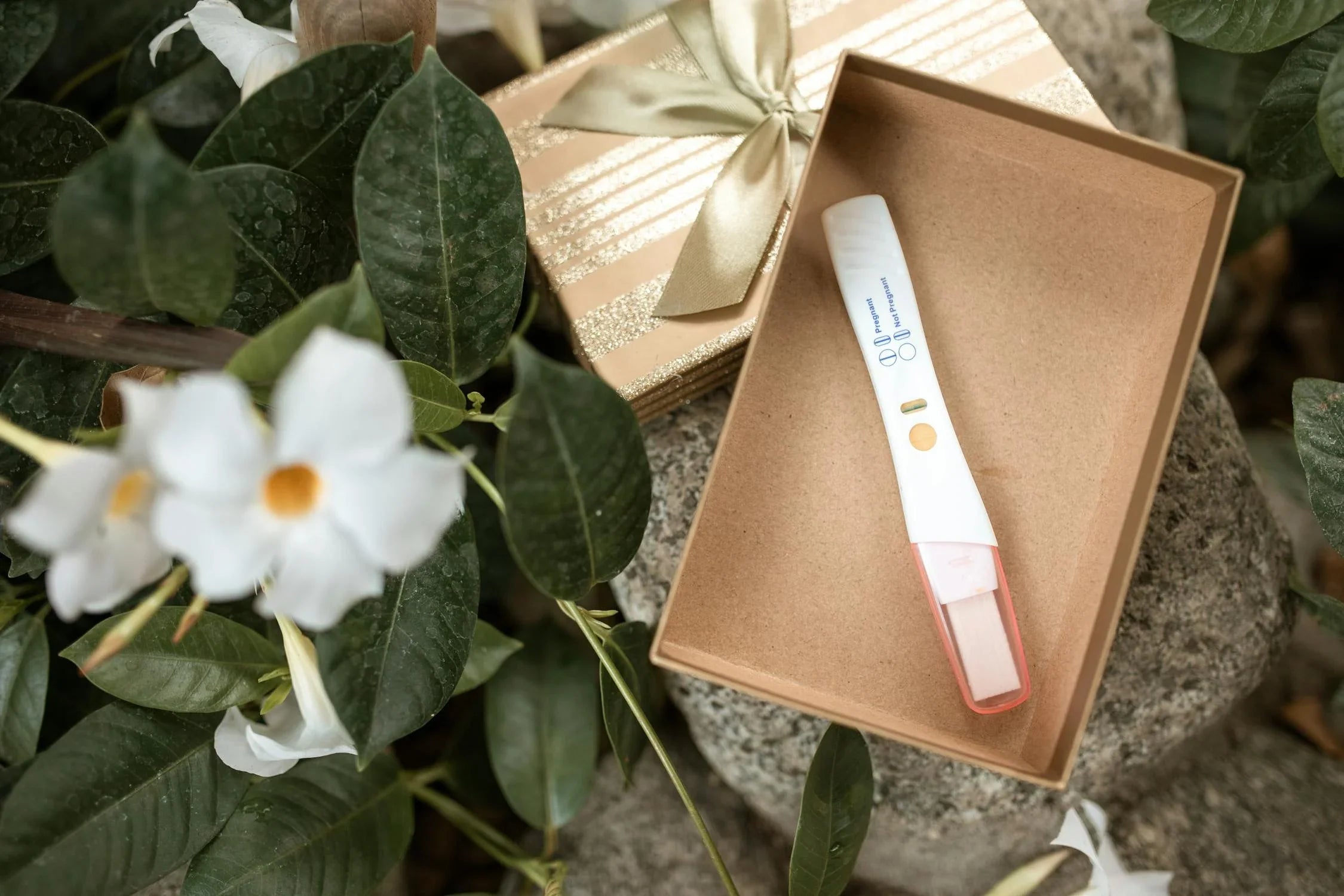Accueil
Pregnancy, Breastfeeding, and Pumping: The Ultimate Guide for Moms
How Long After Ovulation to Take Pregnancy Test: A Comprehensive Guide

How Long After Ovulation to Take Pregnancy Test: A Comprehensive Guide
Are you eagerly waiting to find out if you’re pregnant? Understanding the right time to take a pregnancy test after ovulation can make all the difference. Timing is crucial, and knowing when to test can help you avoid false negatives or unnecessary stress. Let’s dive into the details to ensure you get the most accurate results.
Understanding Ovulation and Conception
Ovulation is the process where an egg is released from the ovary, typically occurring around the middle of your menstrual cycle. This is the most fertile period for women trying to conceive. After ovulation, the egg travels down the fallopian tube, where it can be fertilized by sperm. If fertilization occurs, the fertilized egg, or zygote, begins to divide and eventually implants itself into the uterine lining.
The Role of hCG in Pregnancy
Human Chorionic Gonadotropin (hCG) is a hormone produced by the placenta after implantation. This hormone is crucial for maintaining pregnancy and is the key marker detected by pregnancy tests. hCG levels start to rise rapidly after implantation, doubling approximately every 48 to 72 hours in the early stages of pregnancy.
When to Take a Pregnancy Test After Ovulation
The timing of when to take a pregnancy test after ovulation depends on several factors, including the length of your menstrual cycle and the sensitivity of the test. Here’s a breakdown:
- Implantation Timing: Implantation typically occurs 6 to 12 days after ovulation. After implantation, hCG levels begin to rise.
- Early Testing: Some highly sensitive pregnancy tests can detect hCG levels as early as 7 to 10 days after ovulation. However, testing this early increases the risk of a false negative.
- Optimal Timing: For the most accurate results, it’s recommended to wait until at least 12 to 14 days after ovulation. By this time, hCG levels are usually high enough to be detected by most pregnancy tests.
Factors Affecting Test Accuracy
Several factors can influence the accuracy of a pregnancy test, including:
- Test Sensitivity: Different tests have varying levels of sensitivity to hCG. More sensitive tests can detect lower levels of hCG earlier in pregnancy.
- Timing of Testing: Testing too early can result in a false negative. Waiting until after your missed period increases the likelihood of an accurate result.
- Proper Usage: Following the instructions on the pregnancy test is crucial. Incorrect usage can lead to inaccurate results.
Signs and Symptoms to Watch For
While waiting to take a pregnancy test, you may notice early signs and symptoms of pregnancy, such as:
- Missed Period: A missed period is one of the most common early signs of pregnancy.
- Breast Tenderness: Hormonal changes can cause breast tenderness and swelling.
- Fatigue: Increased levels of progesterone can lead to feelings of exhaustion.
- Nausea: Morning sickness, which can occur at any time of the day, is a classic pregnancy symptom.
Tips for Accurate Testing
To ensure the most accurate results when taking a pregnancy test, consider the following tips:
- Use First Morning Urine: The first urine of the day is the most concentrated, making it ideal for testing.
- Read Instructions Carefully: Each pregnancy test may have specific instructions. Follow them closely to avoid errors.
- Wait for the Recommended Time: Avoid checking the test too early or too late. Stick to the recommended time frame provided in the instructions.
- Confirm with a Second Test: If you receive a positive result, consider taking a second test a few days later to confirm.
What to Do After a Positive Test
If your pregnancy test is positive, it’s important to take the next steps:
- Schedule a Doctor’s Appointment: Confirm your pregnancy with a healthcare provider and begin prenatal care.
- Start Taking Prenatal Vitamins: Prenatal vitamins, especially those containing folic acid, are essential for fetal development.
- Adopt a Healthy Lifestyle: Focus on a balanced diet, regular exercise, and avoiding harmful substances like alcohol and tobacco.
What to Do After a Negative Test
If your pregnancy test is negative but you still suspect you might be pregnant, consider the following:
- Wait a Few Days: Test again after a few days if your period hasn’t started. hCG levels may not have been high enough to detect initially.
- Track Your Cycle: Keep track of your menstrual cycle to better understand your ovulation and fertile window.
- Consult a Healthcare Provider: If you’re having trouble conceiving or have irregular cycles, seek advice from a healthcare professional.
Knowing how long after ovulation to take a pregnancy test can save you from unnecessary stress and confusion. By understanding the science behind conception, the role of hCG, and the factors affecting test accuracy, you can make informed decisions and increase your chances of getting reliable results. Whether you’re hoping for a positive or negative outcome, being well-informed is your best ally on this journey.
Partager
